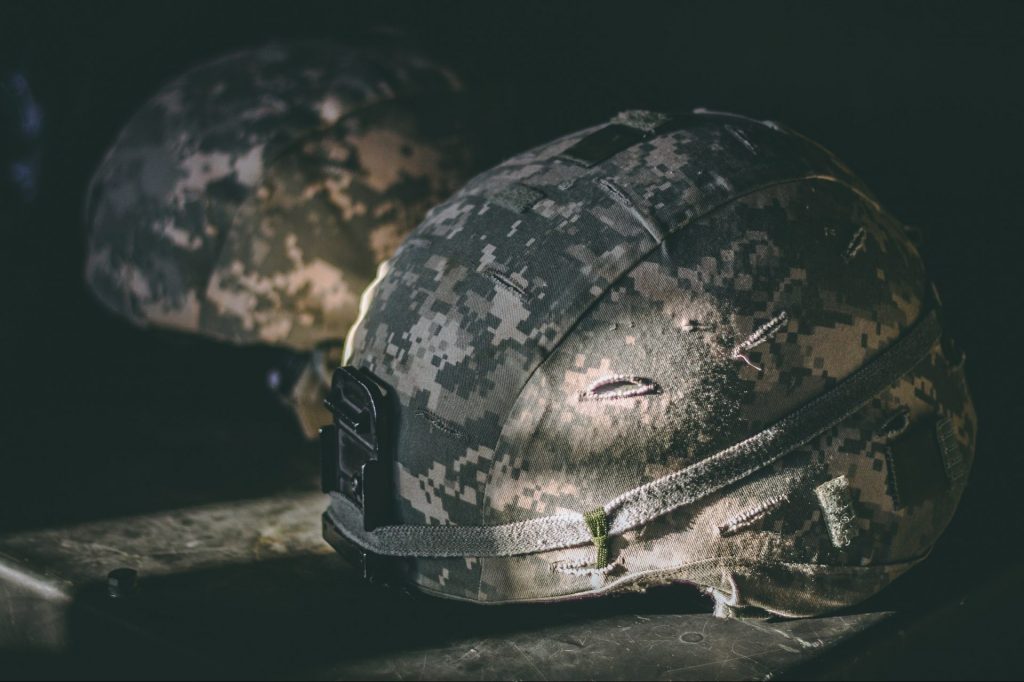New research conducted by the University, the veterans’ mental health charity Combat Stress, and East Kent NHS Neuro-Rehabilitation Unit suggests that up to three-quarters of UK military veterans who seek help for long-term mental distress have experienced repeated mild brain injury. This figure is far higher than previous UK estimates but is very similar to that reported in US combat veterans.
Mild traumatic brain injury is seen in the USA as a signature, albeit silent, injury of the Gulf Wars. It is the result of concussion following a blow to the head and/or exposure to blast waves.
Most people recover from the effects of concussion, however, recovery can be complicated in veterans who have sustained repeated injury over their lifetime and also experienced post-traumatic disorder.
In the new study, veterans who fell into this category showed a greater level of general disability than 90% of the general international population.
One of the most common symptoms of mild traumatic brain injury is dizziness and imbalance. The results of the Kent study, which assessed 162 military veterans, show for the first time that dizziness may be one cause of the long-term depression, anxiety, headache and forgetfulness that can accompany repeated mild traumatic brain injury.
Study director Professor David Wilkinson, from the University’s School of Psychology, said ‘Balance function is not routinely assessed in military veterans, yet our results suggest that if doctors assess and treat the dizziness then other hard-to-treat psychological symptoms may also start to recover’.
Read the full news story at the Kent News Centre.
The research entitled Neuropsychiatric Outcomes in UK military Veterans with Mild Traumatic Brain Injury and Vestibular Dysfunction (Emma Denby, David Wilkinson, University of Kent; Dominic Murphy, Walter Busuttil, Combat Stress; Mohamed Sakel, East Kent Hospitals University Trust) is published in the Journal of Head Trauma Rehabilitation.

